Many people think that estate planning is just a Will, but a Will is only one part of it. A Will only comes into effect after you die and concerns the division of your assets and property. There are other elements of estate plans such as Powers of Attorney and Living Wills that apply while you’re still alive and ensure that you continue to live in the way you want, even if you can no longer care for yourself or express your wishes.
What is estate planning?
Estate planning is the act of preparing for the end of a person’s life, including the transfer of a person’s wealth, as well as the creation of documents such as Living Wills and Powers of Attorney to apply while they’re still alive.
Why do I need an estate plan?
If you are alive, you should have an estate plan! Everyone can benefit from a thorough estate plan. It is the final gift that you give to the people you love. It means that when you die, they can grieve, free of the burden of administration. I believe that you are never too old and never too young to start an estate plan, but you might be too late.
What is in an estate plan?
- Your Will: A Will lays out what you want to happen with regards to property and assets after you die. However, a Will only comes into play once you’ve passed away so the Powers of Attorney are the most important documents while you’re still alive.
- Financial Power of Attorney: A Power of Attorney is a legal document that allows someone else (an agent) to act on your (the principal’s) behalf. A financial Power of Attorney pertains solely to managing your financial affairs.
- Medical Power of Attorney: This gives the agent the power to make medical decisions on your behalf. Neither the Medical Power of Attorney, nor the Financial Power of Attorney survive after death.
- Living Will: This allows the agent under the Power of Attorney to know exactly what you want in certain situations such as what medical treatment or other care you would or would not want if you become too sick to speak for yourself. Unlike a Will, which only springs into action when you die, a Living Will applies when you’re still alive
- Last Wishes Declaration: This lets your family know what you want to happen at your funeral and with your remains.
- Planning for Dementia: This enables you to plan for the kind of care you want later in life in cases of mild, moderate and severe dementia. Planning now avoids unnecessary heartache for our loved ones, as well as our own suffering, if our wishes aren’t followed.
- HIPAA Release: This ensures that your medical information will be available to those who love you and that they will be able to make decisions regarding your medical care.
- Declaration of guardian and conservator: This lets you choose who will make decisions for you if you become incapacitated.
- Memorandum of personal property: This allows you to specify who will receive specific items after your death.
All of these elements together ensure that in the event of your death, and should you need care later on in life, your family knows what you want and that those wishes will be respected.
Here’s a quick handout if you’d like something to take away.
When should you do estate planning?
Anyone with assets that they want to transfer to their loved ones when they pass away should create an estate plan. It is also important that once you have an estate plan in place, you revisit it in on a regular basis if your circumstances change or even if it has been a few years since you looked at it.
Why do I need a lawyer for an estate plan?
It is possible to draw up Wills or Powers of Attorneys without the services of a lawyer, but there are reasons why you may want to retain an attorney.
- There are state laws that specify what can or cannot be in documents like Wills or Powers of Attorney. You don’t want to make a mistake that means that parts of your estate plan are not valid in the state in which you currently reside, or another state that you might move to later on in life.
- If you make any mistakes with a Do-It-Yourself Will, later on you or your family could pay dearly to fix those mistakes.
- A lawyer can give you advice on how best to arrange your estate plan in complex family situations and will give you advice on areas you might not be aware of – such as Medicaid planning for nursing home care.
If you’re starting to think about your digital legacy, read our blog on passwords and digital accounts so you know what you need to do.
Download our digital accounts form to start thinking about your digital legacy.
Find out more about estate planning, and other services I offer on my Services page.
If you would like to get in touch about your situation, please call me on 720 457 4573 or email me at kate@rockymtnelderlaw.com.
